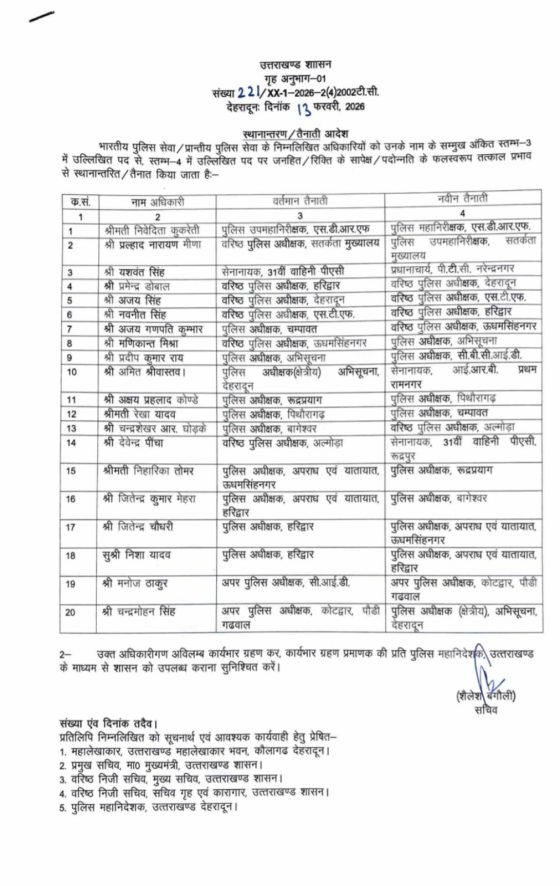DAINIK NATION BUREAU : In a significant development regarding the Excise Policy Scam, the Delhi High Court has dismissed the bail plea of senior politician and former Deputy Chief Minister of Delhi, Manish Sisodia, in a money laundering case related to the scam. The court’s decision comes as a setback for Sisodia, who has been under investigation for his alleged involvement in the scam that rocked the capital’s political landscape. The Excise Policy Scam has garnered immense attention and raised questions about corruption within the government and the need for stringent measures to combat such offenses.
The Excise Policy Scam came to light in early 2022 when allegations of irregularities and corruption emerged regarding the formulation and implementation of Delhi’s excise policy. The policy governs the sale and distribution of liquor in the city, and it was alleged that certain individuals, including politicians and government officials, had manipulated the policy for personal gains.
Investigation and Sisodia’s Involvement: During the investigation into the Excise Policy Scam, Manish Sisodia’s name surfaced, implicating him in the money laundering aspect of the case. It was alleged that Sisodia had played a significant role in facilitating the illegal flow of funds associated with the scam. The authorities conducted extensive inquiries, collected evidence, and presented their case against him.
Delhi High Court’s Decision: In a blow to Sisodia’s legal defense, the Delhi High Court rejected his bail plea in the money laundering case linked to the Excise Policy Scam. The court’s decision indicates that the evidence against Sisodia is substantial and warrants further investigation. The court also stated that releasing him on bail might hinder the ongoing inquiry, potentially allowing him to influence or tamper with the evidence.
Impact on Politics and Governance: The dismissal of Sisodia’s bail plea has sent shockwaves through the political landscape of Delhi. Sisodia, a prominent member of the Aam Aadmi Party (AAP), had held crucial positions in the Delhi government and was seen as a close associate of Chief Minister Arvind Kejriwal. The court’s decision has not only raised questions about the involvement of other political figures but has also underscored the importance of ethical governance and accountability.
Corruption and the Need for Stringent Measures: The Excise Policy Scam and the subsequent money laundering case involving Manish Sisodia shed light on the pervasive issue of corruption in India’s political and administrative systems. Such cases erode public trust, hinder development, and impede progress. It is crucial for the government and law enforcement agencies to undertake thorough investigations, ensure transparency, and prosecute those found guilty of corruption.
The Delhi High Court’s dismissal of Manish Sisodia’s bail plea in the Excise Policy Scam money laundering case reflects the seriousness of the allegations and the need for a thorough investigation. This development serves as a reminder that corruption remains a significant challenge for India and that strict measures must be taken to address this issue. Upholding the principles of transparency, accountability, and justice is essential to restore public trust in governance and promote a fair and corruption-free society.
 Dainik Nation News Portal
Dainik Nation News Portal

